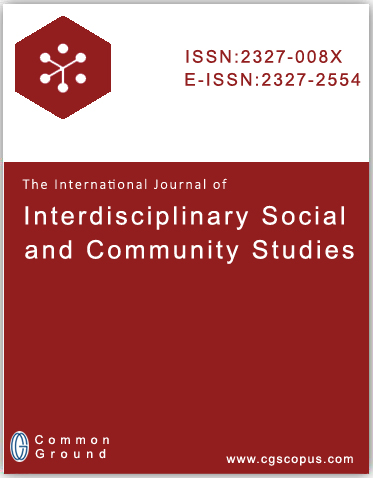EXPLORING THE STORY OF ILA THROUGH JUDITH BUTLER’S GENDER THEORY
DOI:
https://doi.org/10.18848/868wb698Keywords:
Gender fluidity, performativity, Ila, Ileshwara, Judith Butler, Hindu mythologyAbstract
The tale of Ila, also known as Ileshwar, presents a unique case of gender transformation and fluidity in Hindu mythology. While contemporary scholarship often references such narratives, few studies have examined of Ila’s story through Judith Butler’s theory of gender performativity. This paper addresses that gap by analyzing Devdutt Pattanaik’s retellings of Ila in The Pregnant King (2008), Shikhandi and Other Queer Tales (2014), and Jaya (2010), to argue that story constructs gender as a divine performance rather than a biological truth. Using a qualitative, interpretative methodology rooted in Butlerian theory, the paper explores themes of transformation, dual identity, and sacred recognition. The analysis reveals that Ila’s myth subverts heteronormative binaries and offers an indigenous sacred model for non-binary gender expressions. This contributes to a broader understanding of queer identities by bridging Western theory with Eastern mythological traditions.










